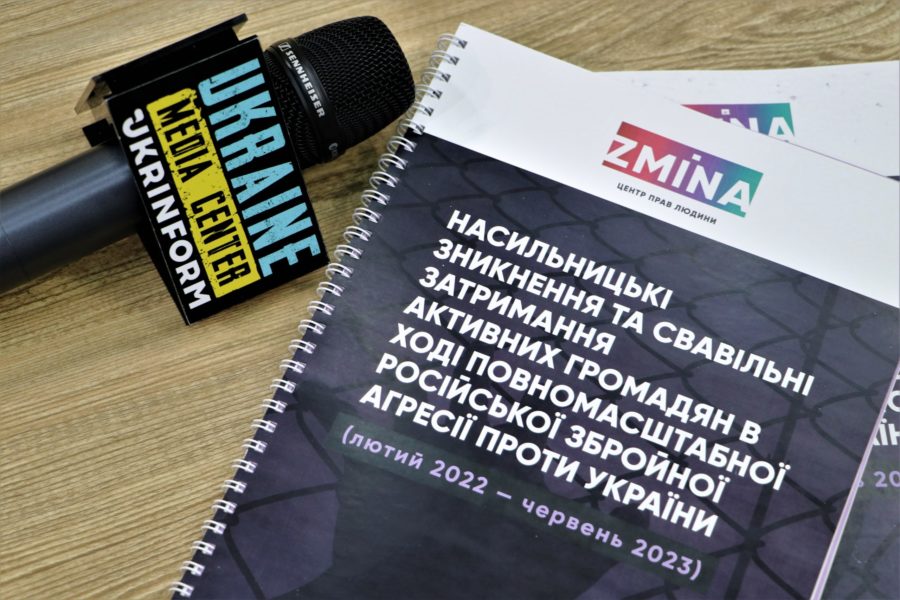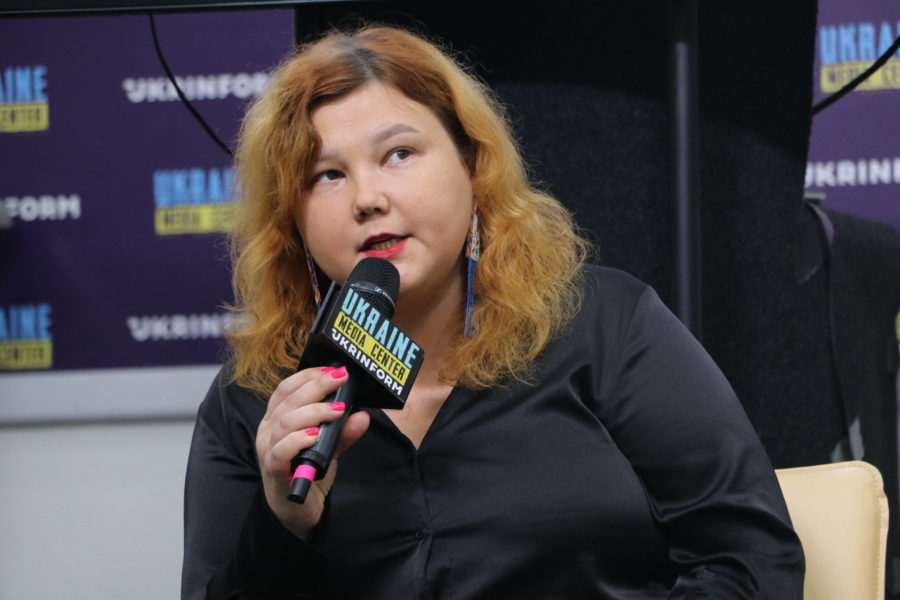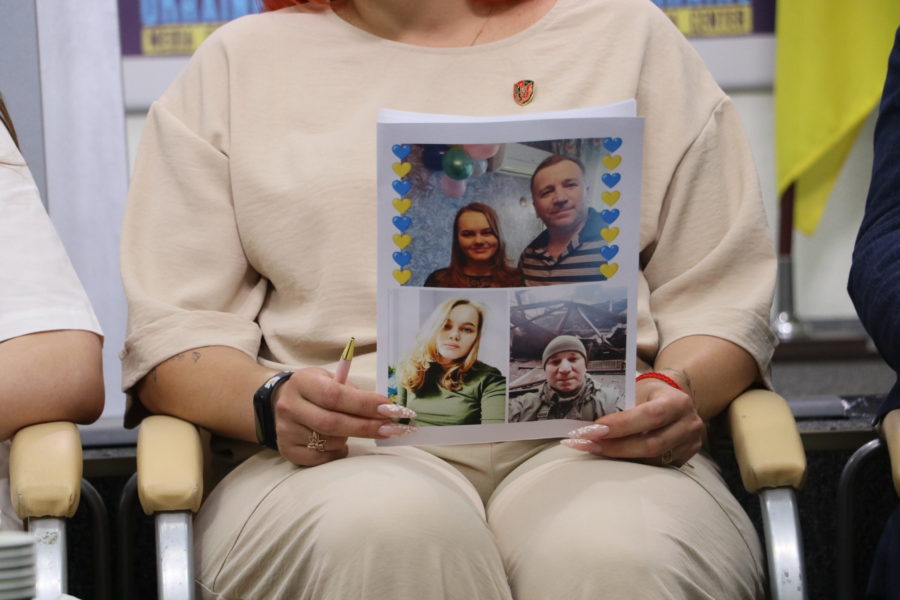Russia has abducted more than 500 active Ukrainians, mostly in Kherson region – human rights activists
Since the beginning of the full-scale war, the Russian Federation has abducted at least 562 active citizens in Ukraine, including volunteers, educators, and journalists. Every fifth abductee is a woman. The largest number of victims of enforced disappearances is in the Kherson region.

On June 28, Human Rights Centre ZMINA researchers talked about this in Kyiv and presented a report on the abduction and detention of active citizens. The research lasted from February 2022 to June 2023.
Researchers collected data both from open sources, qualitatively checking information according to international protocols, and during interviews with family members of detainees and abductees, their acquaintances, as well as potential witnesses.
“We recorded at least 562 cases of abductions of active citizens that took place in the territory of nine regions of Ukraine. At the time of publication of this report, 311 active citizens have not yet been released or their fate is unknown. We also know that 235 people returned home, and 16, unfortunately, were found dead,” said Natalia Okhotnikova, human rights adviser at Human Rights Centre ZMINA.
By active citizens, the researchers mean civil society activists, human rights defenders, volunteers, journalists, representatives of local self-government bodies, lawyers, educators, religious figures, and people who resisted the occupation and remained on the side of Ukraine.
 Natalia Okhotnikova
Natalia Okhotnikova“Among active citizens, Russia most often kidnaps civil society activists and volunteers (323 people). The second largest group is representatives of local self-government bodies (128 people). Also, Russians often kidnap relatives of active citizens (32 people), educators, in particular school directors, tutors, teachers of Ukrainian language and literature, as well as history of Ukraine (30 people). The next largest group is journalists (18 people),” Okhotnikova said.
According to her, victims of abductions were both men and women, youth, children, older people, people with chronic diseases. However, the vast majority of the abducted are men aged from 18 to 70+ (451 people). Every fifth victim of enforced disappearance is a woman (110 people).
The largest number of abductions and detentions occurred in Kherson region (at least 258 cases). Zaporizhzhia region (110 cases) ranks second, and Donetsk region – third (67 cases in the newly occupied territories of this region).
As Okhotnikova reported, the enforced disappearances of Ukrainian civilians began on the very first day of the full-scale war and continued throughout the entire period of occupation. Such Russian tactics are planned to suppress Ukrainian resistance in the occupied territories. In addition, people were abducted mainly according to lists, and most of the abductions were accompanied by physical and psychological impact of varying degrees of cruelty.

Okhotnikova believes that another goal of kidnapping is Russia’s attempt to increase the exchange fund: “Large-scale ‘filtration measures’ are carried out in the occupied territories. The victims of the occupiers are most often men of conscription age. First of all, ATO/JFO veterans, former servicemen and law enforcement officers, pro-Ukrainian activists. They are most likely to be exchanged for Russian military even if the Ukrainians did not take part in hostilities in 2022-2023.”
The analysis conducted by Human Rights Centre ZMINA showed that the Russian military and representatives of the occupation authorities use the newest technologies to kidnap people: mobile phone billing, CCTV footage, facial recognition software.

Maryia Kvitsinskaya, expert on Europe and Central Asia at the World Organisation Against Torture (OMCT), noted that the enforced disappearance of civilians can be considered a crime against humanity:
“This is indicated by a large number of victims and Russia’s continuation of these practices for more than a year, as well as the deliberate and conscious holding kidnapped persons incommunicado and the denial of access to lawyers and international bodies.”
The research was prepared with the support of Freedom House. Read the text of the report at the link. The data were collected and documented by Human Rights Centre ZMINA in cooperation with Ukraine 5AM Coalition.
Video from the press conference is available here.
If you have found a spelling error, please, notify us by selecting that text and pressing Ctrl+Enter.















